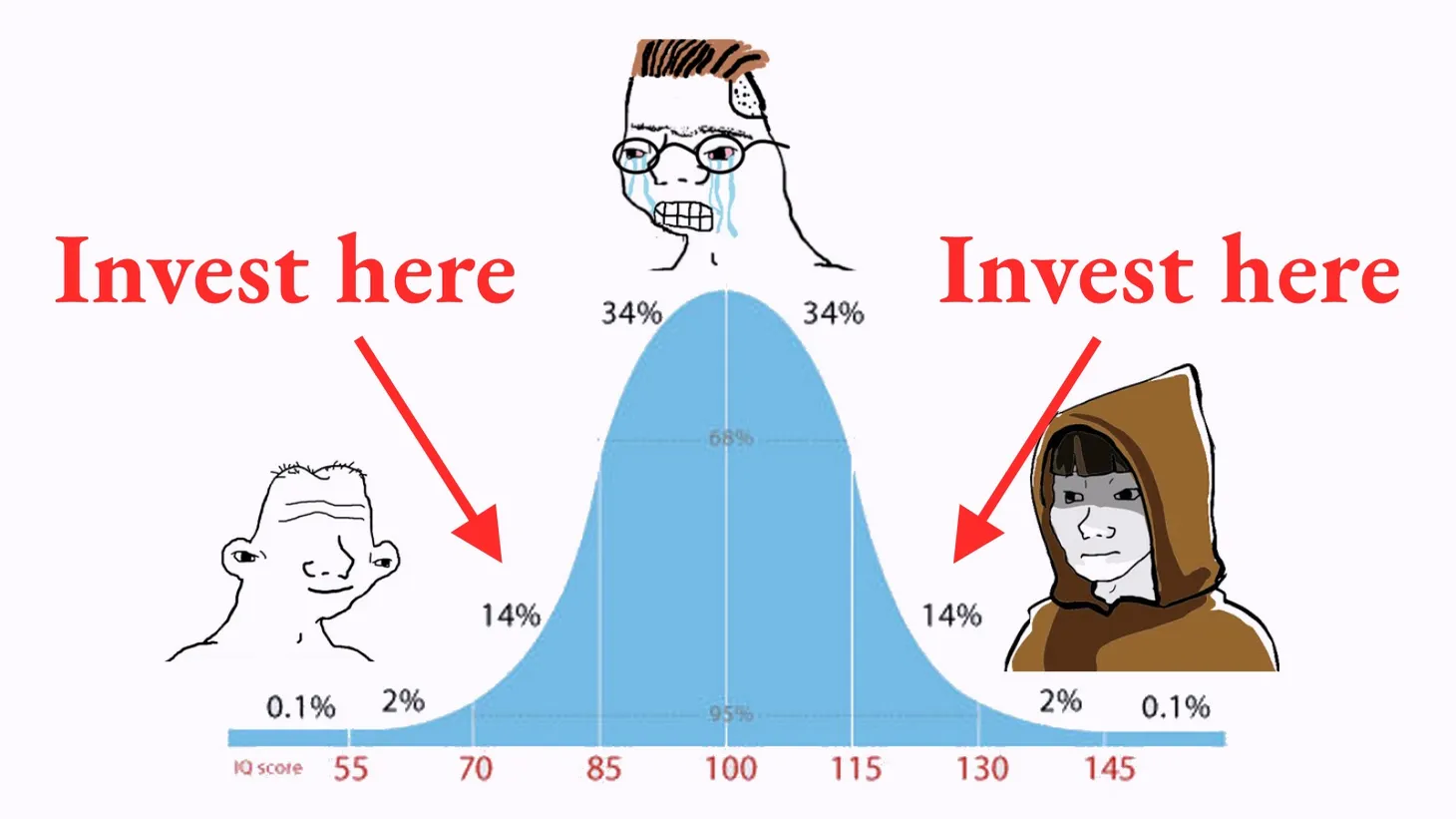Outsourcing Volatility
Over time, creative destruction becomes faster, less predictable, and harder to contain.

Imagine a country where people only eat potatoes. Supply is stable, and the people are happy. But if anything happens to potatoes, the whole country would collapse.
A hedge is needed. The country can try to grow other crops, but doing so would mean taking land away from productive potato growers. New crops might also prove less nutritious but more fruitful and expand organically to neighboring fields. This seems like too much of a risk for a country that values stability and predictability above all else.
The country faces two bad options: Rely on a single crop and risk a rare but huge famine; or experiment with multiple crops and risk general instability and a lower — but still meaningful — possibility of a large famine.
Is there an alternative?
In some cases, there is. The country can continue to rely exclusively on potatoes but encourage other countries to experiment with other crops. This way, if potatoes are affected, it can always switch to crops that have proven themselves elsewhere — without the risk of actually developing them domestically.
A similar dilemma involves innovation. As Joseph Schumpeter pointed out in 1942:
"The essential point to grasp is that in dealing with capitalism, we are dealing with an evolutionary process...
The fundamental impulse that sets and keeps the capitalist engine in motion comes from the new consumers' goods, the new methods of production or transportation, the new markets, the new forms of industrial organization that capitalist enterprise creates."
New products, methods, and preferences emerge by competing with each other and destroying incumbents. This process of creative destruction is unpredictable, risky, and tends to reshuffle economic (and political) power. Over time, creative destruction becomes faster, less predictable, and harder to contain.
Some governments are terrified of this type of volatility. The Chinese Communist Party, for example, is willing to go to great lengths to ensure stability — sacrificing economic growth and the flow of ideas.
In economic terms, China is willing to eat potatoes and forego other domestic experiments. But it also relies on the third alternative mentioned above: It depends on other countries to let creative destruction "rip" through their own economies.
As we've seen in the case of TikTok, China is banning or stifling the flow of memes and ideas. As I pointed out in The Meme Leak Theory, "social unrest increases in line with the velocity of memes... the faster that memes can emerge and spread, the bigger the threat to democracy and social order."
This explains why China is happy to let TikTok operate freely worldwide while limiting it at home. The political strategy here is to increase instability elsewhere while avoiding instability within China.
But there's also an economic argument. China depends on the development of new ideas outside of China (the "crops" that hedge its reliance on "potatoes"). The faster these ideas emerge, the better. In other words, China is not only interested in limiting creative destruction domestically but also in expediting creative destruction elsewhere. It assumes that once new products, methods, and preferences are tried and tested, it would be able to choose which ones to adopt and "plant" at home.
This way, China could employ a type of deliberate or controlled evolution. Can this strategy work?
This question is not limited to China. It applies to companies and even individual people. In an increasingly complex world, we need to figure out what to do next — without getting "killed." One way of doing so is outsourcing some of the volatility inherent to any evolutionary process.
Have a great weekend.
Dror Poleg Newsletter
Join the newsletter to receive the latest updates in your inbox.




